Lesotho should set up more missions: Makara
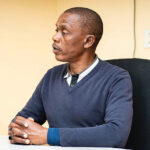
SHARE THIS PAGE!
For six years, Monaphathi Maraka represented Lesotho as the Minister Counsellor at the country’s embassy in Addis Ababa, Ethiopia. During his tenure, he witnessed the country’s diplomacy success and challenges, gaining valuable insights into how Lesotho can strengthen its presence in the international forums like the African Union.
In this wide-ranging interview with theReporter’s ‘Mantšali Phakoana, Makara shares his experiences in Addis, highlighting the importance of expanding the country’s diplomatic presence, investing in housing for embassy staff and leveraging its relationship.
Could you share your journey to becoming Lesotho’s minister counsellor to Addis Ababa, Ethiopia?
I was appointed as the Minister Counsellor where I served for six years from March 2019 until March this year. Before my tenure, I received my education at Berea and Assumption Primary Schools, and ‘Mamathe High School, from 1980 to 1984.
After completing my secondary education, I pursued a Diploma in Nursing and Midwifery at Queen Elizabeth II Nursing School from 1985 to 1989. My initial nursing assignment was at Machabeng Hospital in Qacha’s Nek, where I worked at the hospital and its satellite clinics.
I then worked at the Institute of Development Management (IDM), managing the health of their trainees on campus. During my time at IDM, I pursued a foreign master’s degree by distance education, laying the groundwork for my future career path.
When I left IDM in 2002, Lesotho was still reeling from the effects of the HIV/AIDS pandemic, with mortality and morbidity rates remaining stubbornly high. In this context, I accepted a position with a US government-funded agency, tasked with strengthening the capacity of community and civil society organisations to fight the epidemic through education, prevention, and management efforts.
In 2004, I shifted gears and took up the role of Deputy Executive Secretary at the Christian Health Association of Lesotho (CHAL), where I worked for two years. In 2006, I made the decision to enter the political arena, joining the All Basotho Convention party. My enthusiasm for the party led to my nomination as a candidate for Seqonoka constituency in the 2007 elections, though I ultimately lost the race. With my electoral defeat, I found myself jobless and decided to join an organisation called Religious Network of Leaders Living with Aids.
In May 2008, I began working as HIV and AIDS Coordinator at the National University of Lesotho (NUL). After seven years at NUL, I made a return to politics in 2015, vying for the constituency of Seqonoka, now renamed Berea, under the ABC banner. This time, I emerged victorious, becoming a Member of Parliament until the snap elections of 2017.
As Lesotho’s minister counsellor to Addis, you were responsible for a wide range if tasks. Could you describe some of the key roles that you fulfilled including any particularly challenging or rewarding experiences?
My duties centred on ensuring that the embassy ran smoothly, starting from the top down. It was my responsibility to serve as the administrative head of the chancery, providing the support needed for my ambassador’s office to operate effectively. This entailed overseeing staff recruitment, financial management, signing of payment vouchers, securing of necessary resources such as stationery and fuel, and providing housing for staff. It was crucial that I enabled my team to perform at their best, offering the foundation necessary for their success.
During your tenure in Addis, what were the most significant challenges you faced and how did you address them?
Some of the major challenges we encountered was difficulty communication. Communication hurdles proved daunting at times when my ambassador tasked me with communicating an invitation from the AU for member states, including Lesotho, to send representatives for a capacity-building event, with tight deadlines and we needed to quickly assemble a delegation to represent our country. We had to relay messages back and forth from Maseru to Addis Ababa using savingram, which often caused delays in responding to invitations and forming a delegation.
On more than one occasion, the delay in communicating with headquarters resulted in missed opportunities for Lesotho. We would often receive invitations from the AU or other entities for Lesotho to attend certain events or provide guidance on our participation, but the time it took to relay messages and receive instructions was prohibitively long. Even when we did manage to send queries to headquarters, we occasionally failed to receive timely responses, leading to missed events or incomplete guidance. This created a frustrating bottleneck in our ability to effectively represent Lesotho’s interests in Ethiopia
The irony of experiencing such communication barriers in this era of advanced technology was not lost on us. Despite our ambassador’s insistence on promptness, the delays in communication hampered our ability to respond promptly to the African Union. At times, when Lesotho was even chairing committees within the AU, we struggled to coordinate with relevant ministers and principal secretaries, though some were quite responsive.
The breadth of activities within the African Union was vast, and our small team of seven diplomats struggled to engage with all relevant committees and specialised technical programmes. We would receive invitations to attend concurrent events that required a larger team than we had available, causing us to fall short of our ambitious diplomatic goals. While some embassies had 20 or more staff members, our limited numbers presented significant challenges for representing Lesotho’s interests across the full spectrum of AU activities.
What major lessons did you learn from your time in Addis Ababa that you believe could be valuable for Lesotho to incorporate into its own policy and practice?
Diplomacy is crucial, and Lesotho must remain engaged in international organisations like the African Union and SADC to secure our interests. But our representation must be bolstered with a diverse team of diplomats who possess a broad range of skills, from economics to political science to communication. This would enable us to fully engage with AU activities, as other countries’ ambassadors often have shorter terms of two years, allowing them more frequent rotation than Lesotho’s six-year terms.
Lesotho’s diplomats should have shorter terms — no more than two years per term — so they can rotate more frequently, allowing more Basotho to benefit from diplomatic experience and opportunities. This would ensure fresh perspectives, better representation of diverse views, and more flexibility in our diplomatic engagements.
Effective diplomacy depends on diplomats who are ready to jump into the action the moment they arrive at their posts, well-versed in issues and able to contribute meaningfully to discussions. They must be dedicated readers, familiarising themselves with the agendas of the meetings and forums they attend. This allows them to confidently represent Lesotho’s and the region’s positions.
In addition, high-level events such as those related to His Majesty’s nutrition championship required a coordinated, well-oiled team effort. A single day’s delay could translate to a week’s worth of lost work. The importance of regional synergy in diplomacy also became apparent. It’s crucial to read the room and understand the positions of neighboring countries like Botswana, South Africa, Eswatini, or Angola, and avoid contradictions that could damage relationships.
Do you believe that Lesotho’s current foreign policy approach is effective and if not, what changes would you suggest?
Lesotho’s foreign policy is effective and actively working to serve our nation’s interests. Our diplomats are well-informed, and we are afforded significant respect and recognition in international forums, allowing us to make meaningful contributions to global dialogues. Our diplomatic teams and commissioners are proficient, and their accomplishments are proof of their ability to represent our nation competently.
What aspects of diplomacy could Lesotho improve upon to be more efficient?
Lesotho should consider increasing the number of missions worldwide, especially in regions where we are currently not represented, such as South America and West Africa. The lack of diplomatic presence in these regions presents a missed opportunity for engagement, economic development, and the potential to establish strategic partnerships that could significantly benefit the country.
The Lesotho government also purchase houses for embassy staff in Addis Ababa. This would eliminate the need for monthly rental payments, which can be a significant expense, and ensure that our diplomats have comfortable and secure accommodation.
Now that you are back home, what’s next?
I am grateful to have worked closely with His Majesty, the Prime Minister, and other government officials during their visits to Addis Ababa. I have returned home, reuniting with my family and looking forward to the next chapter of my life. Despite leaving the embassy behind, I remain committed to serving my country in any capacity I can, applying the knowledge and experience gained from my time as a diplomat.
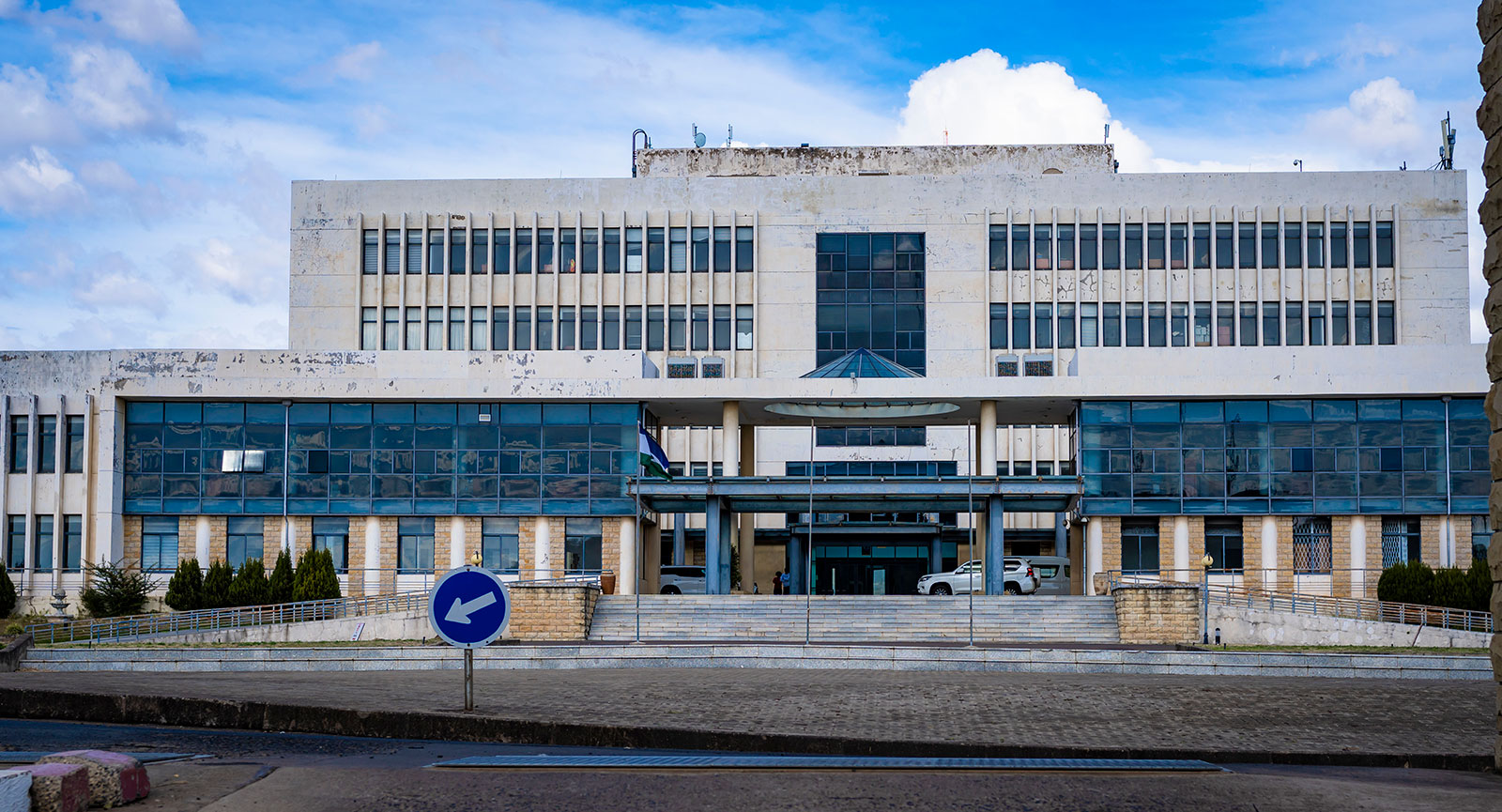
MPs’ ethics workshop gets underway
4 days ago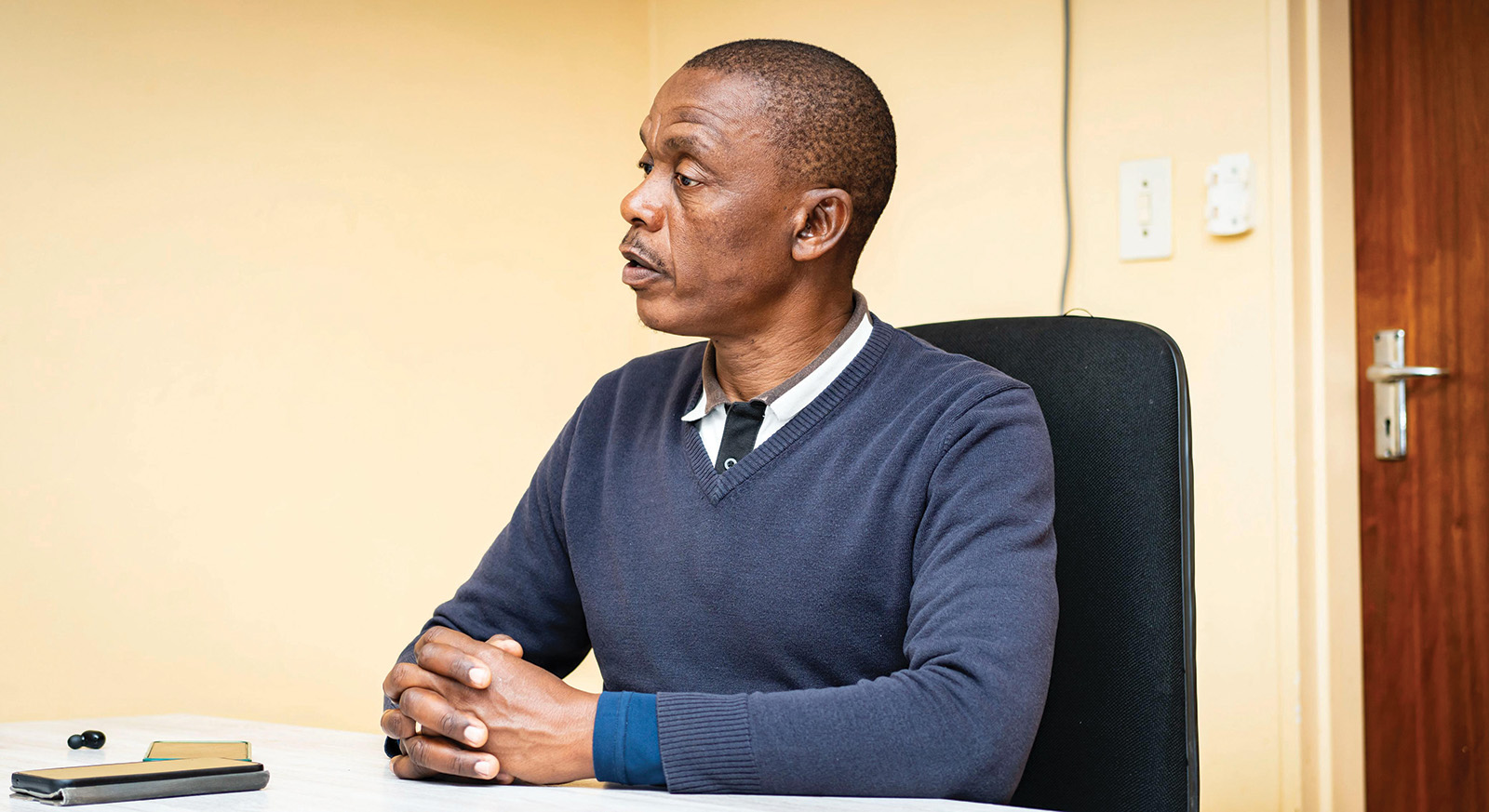
Lesotho should set up more missions: Makara
4 days ago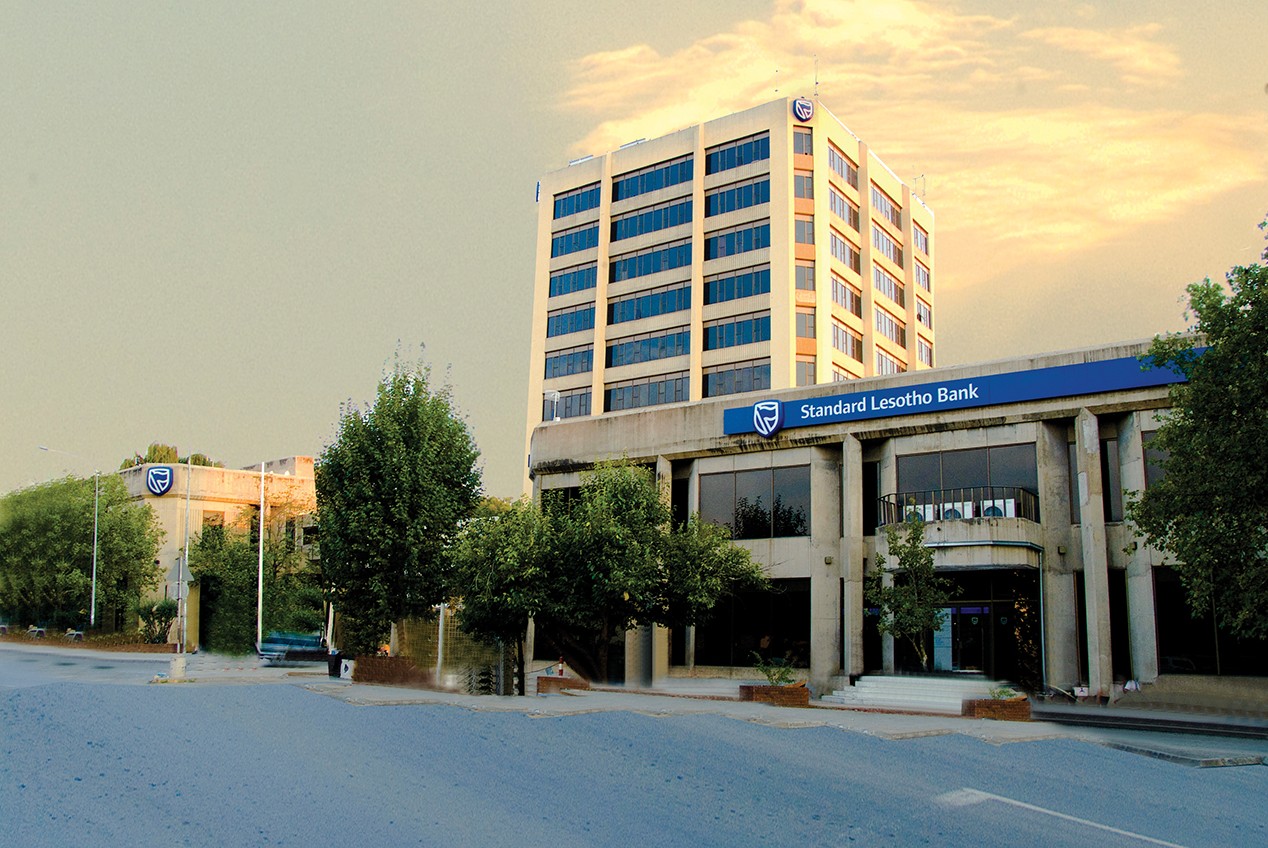
SLB disburses over M127m in business loans
4 days ago
Textiles workers panic amid layoffs
8 days ago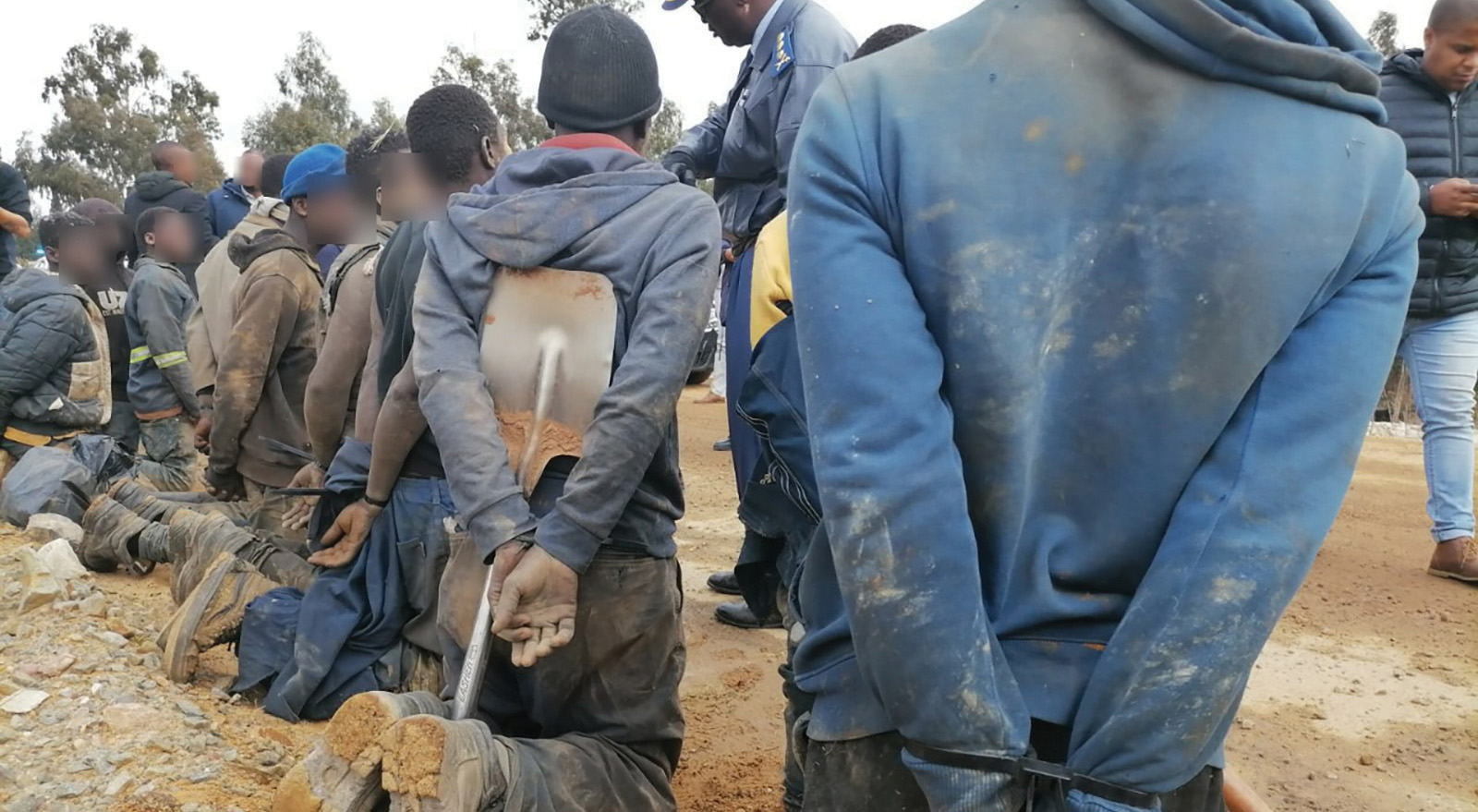
Gun violence grips Ha Toloane
8 days ago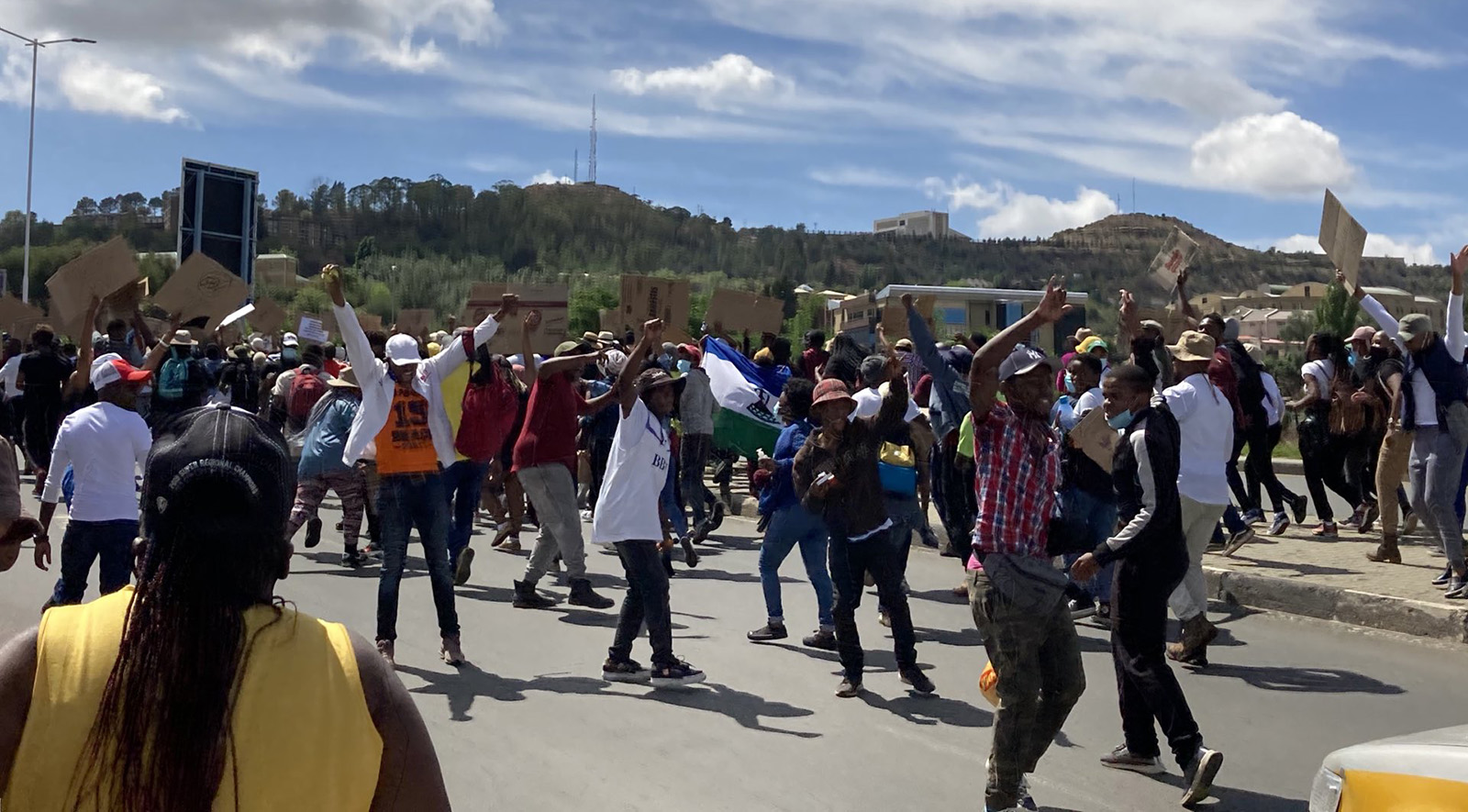
Youth scoff at PM’s promises
8 days ago
Actor Rapita up for child abuse
8 days ago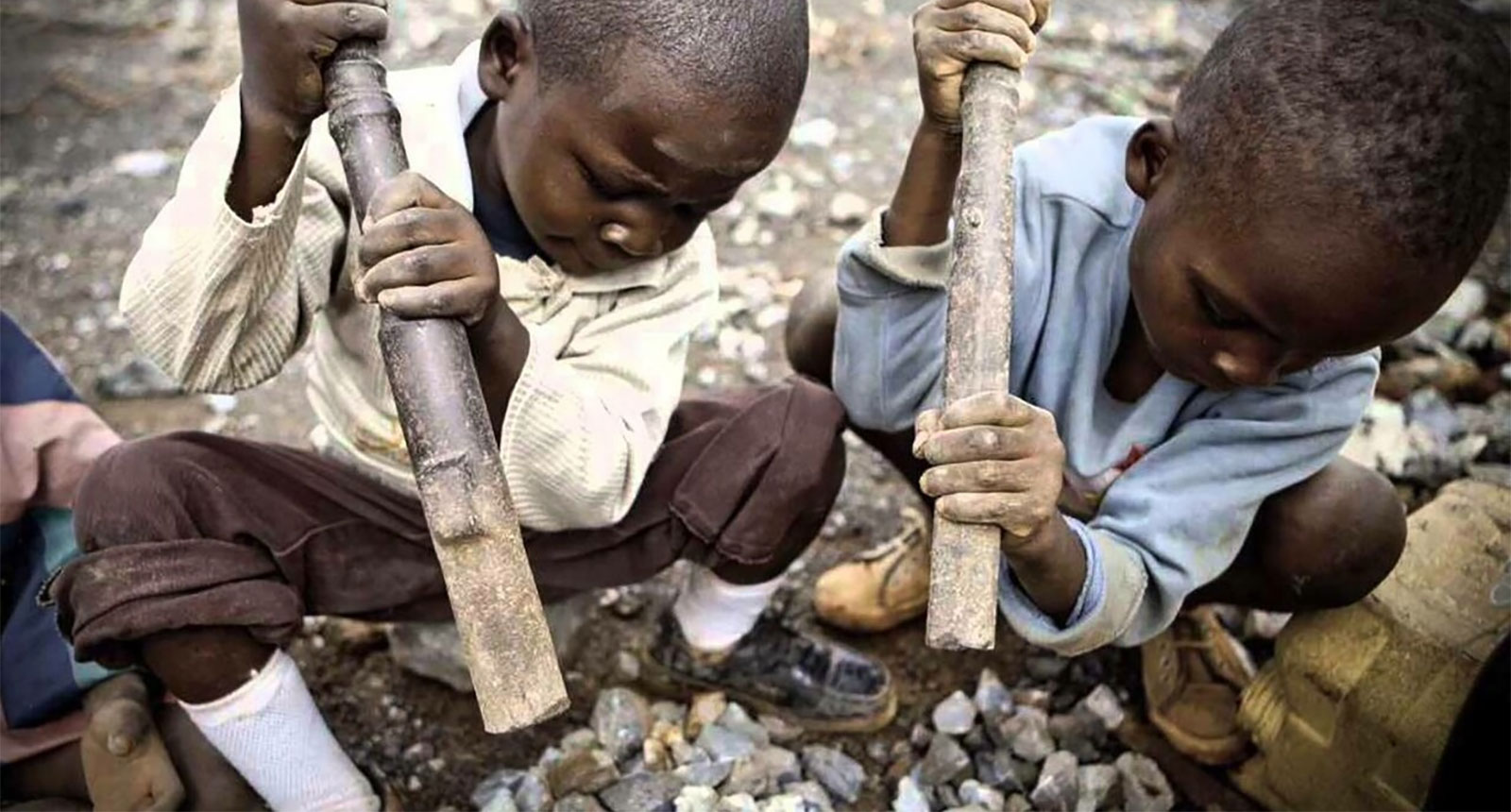
LCN calls for action to end child labour
9 days ago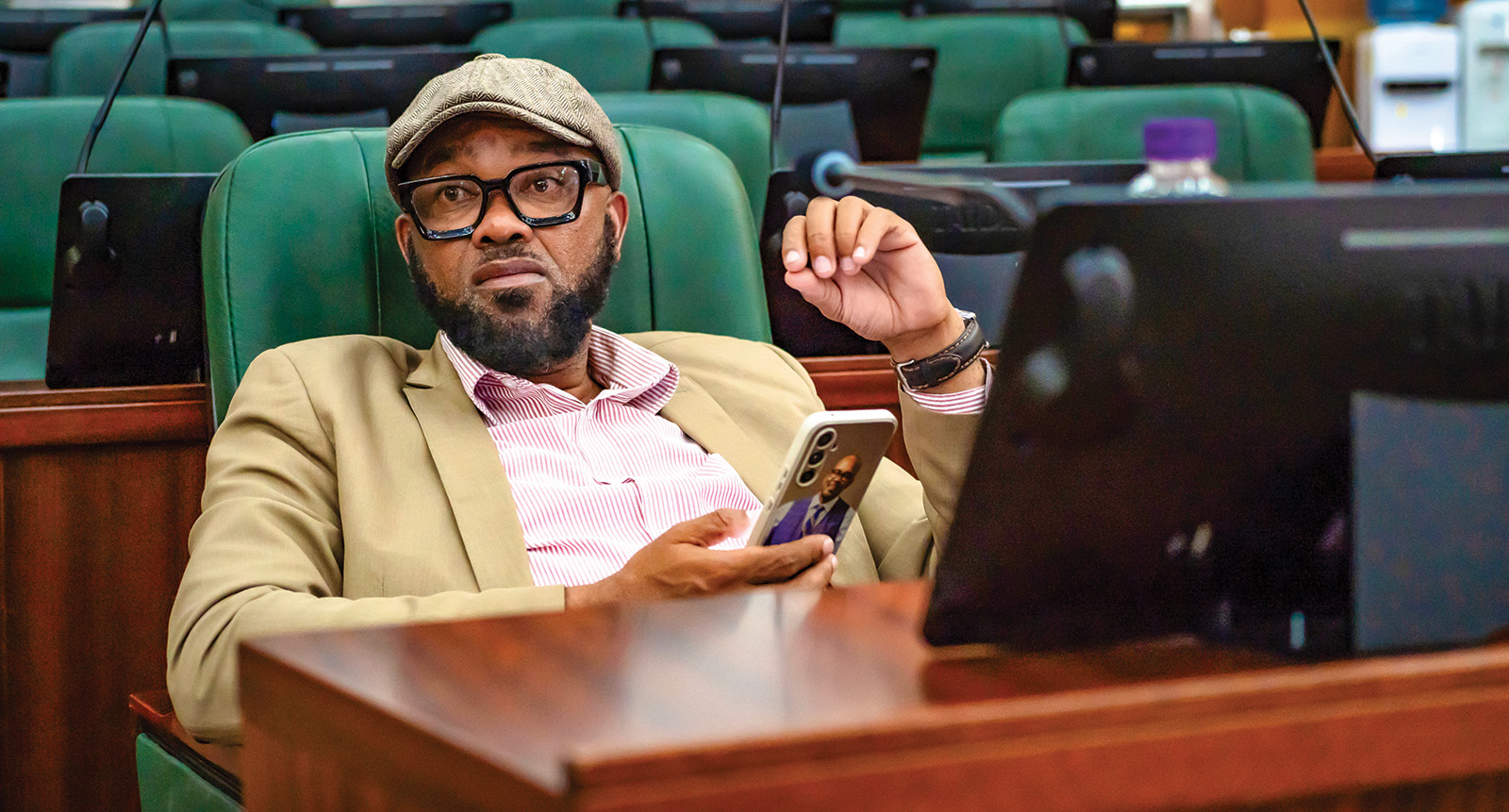
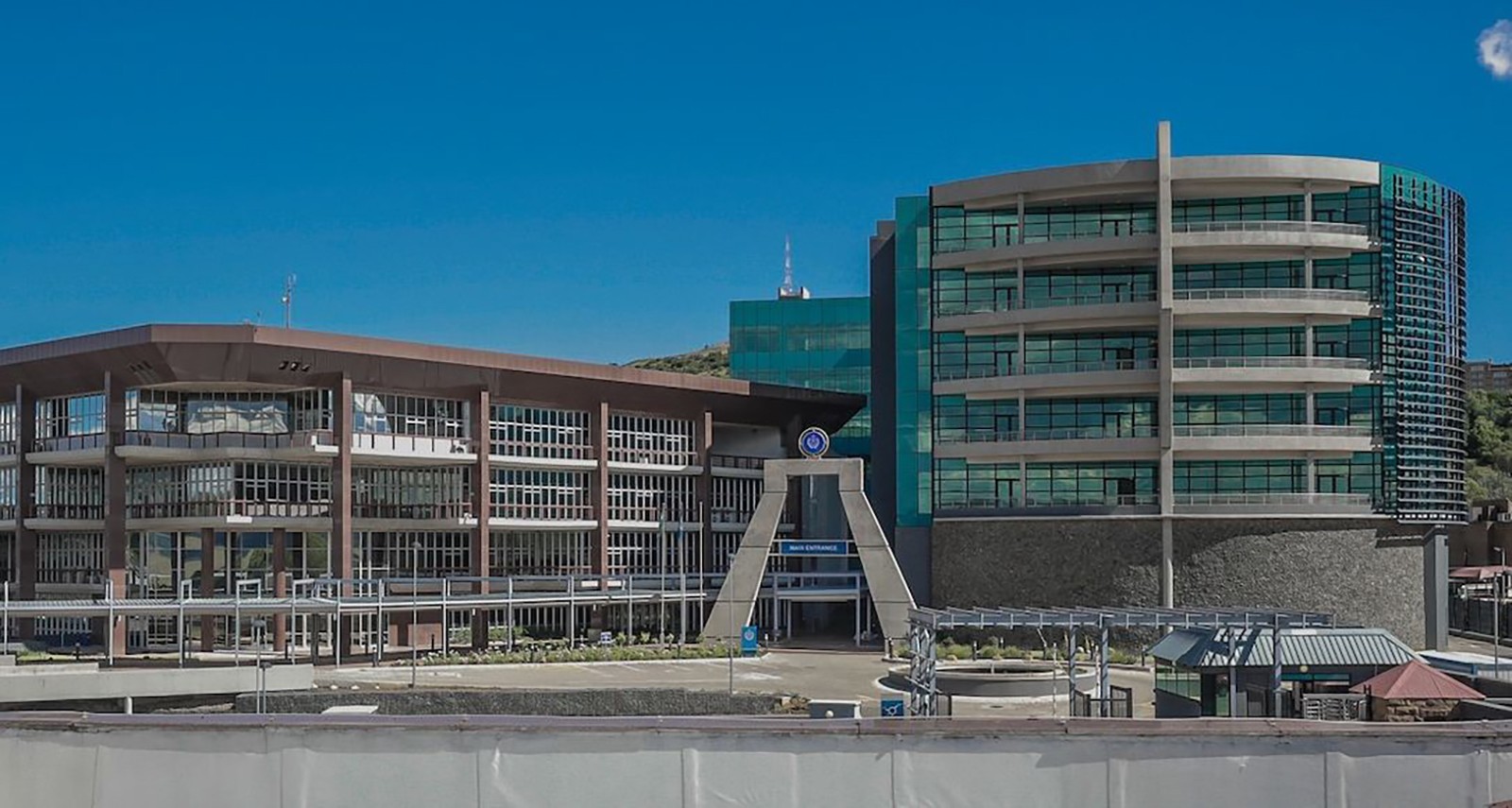
Economy contracts by 5.3% in first quarter
10 days ago